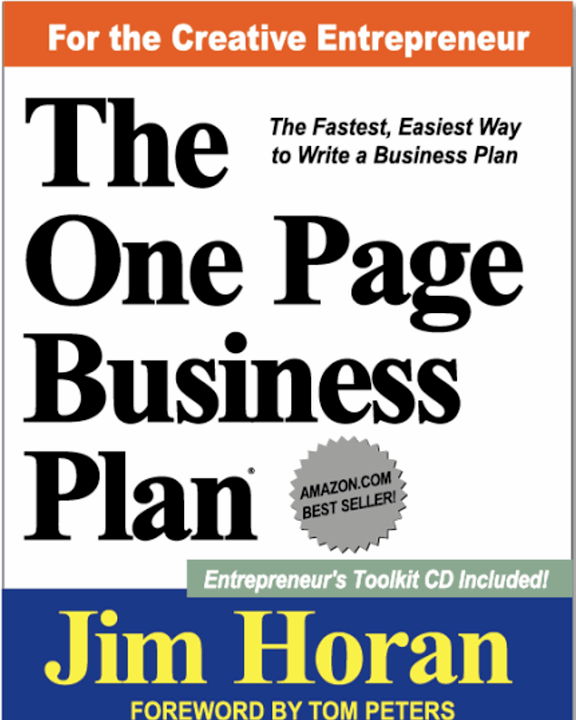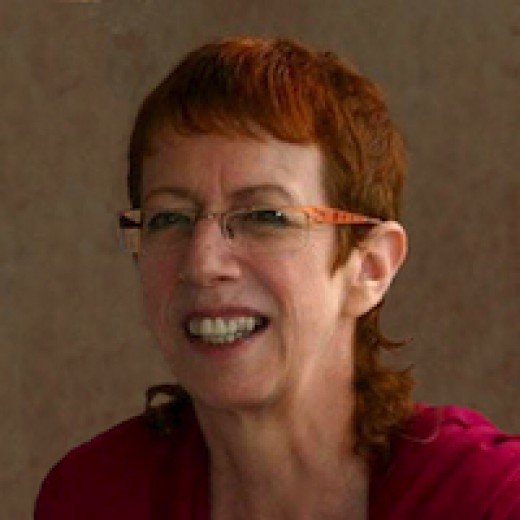Business Planning for Creative Entrepreneurs
 Welcome to the new Friday series on the business side of being a creative entrepreneur.
Welcome to the new Friday series on the business side of being a creative entrepreneur.
You know you’re in the category if you’re an artist who sells his or her work, or you’re wanting to do that. You’re in this category if you are:
- creativity coach who coaches artists and is an artist, including writers
- writers who sell their work or are wanting to — novelists, nonfiction book authors, short story writers, freelance writers, technical writers (yes you too are creative ;-), editors, copy editors, proof readers, book designers, book cover artists
- dancers
- painters
- textile artists
- jewelers
- graphic artists
- performance artists
- spoken word artists
- poets
- etc. If I left out your chosen field, just imagine yourself on the list.
Okay, now that we’ve established the field, I want to emphasize a few points.
First off, all of what I’ll share in this series if based on my own experience as a working creative entrepreneur, or artist entrepreneur, or artpreneur. I can only share with you what I’ve truly experienced. So, take what I offer and filter it through your own goals and needs.
Secondly, I’ve decided to take a risk and share candidly with you my actual goals and numbers. I’d like to proudly add that I’ve made money, as a creative entrepreneur ever since I opened my doors in Dec. 2006. So I know of what I speak.
Now on to some practical stuff…
Make Money
You’re an entrepreneur when you main focus is making money. I know a lot of artists would like to make money from their art. I’m addressing those of you who are ready to be in action or are already in action around this. Action looks like:
- setting up sales meetings and asking for the sale
- making the sale and collecting money
Everything else, as my coach, Bryan Franklin, would say, is a hobby, which is fun, but it’s not a business.
(Or as the French would say, Point final.)
Now that we have the basics addressed, let’s look at planning.
Planning
Why? That’s always my first question. I’m sure you’ve heard a version of the saying,
“If you fail to plan, you plan to fail.”
In other words, you need to know where you’re going if you want to get there.
I see a plan as a series of goals, milestones.
A business plan tells yourself and any one looking at it what results you want to see in your business and how you’re going to achieve those results.
One of the best tools I’ve found to create a business plan for creative busy people is today’s featured resource: The One Page Business Plan by Jim Horan. Jim has created many version of this book, including one for Creative Entrepreneurs.
Like it says, this business plan is one page. Whew! Short and to the point. You don’t need a long plan unless you’re going for funding — and that is a whole other ballgame for another time.
One a personal note: I resisted learning how to do a plan for a good year plus. I so resisted planning. I was an artist, doing a business as a creativity coach for writers. But I didn’t have a plan. I was scared to put my vision and action steps into writing. I didn’t even know why. Maybe I was holding on to some notion of being scared of the numbers. Finally I found a gentle and excellent business coach, Merideth Mehlberg, to guide me through the creation of the plan in a safe and small workshop. Since that time two plus years ago I now update my plan monthly and even have helped other creative entrepreneurs draft their plans, too.
The 5 features of Horan’s One Page Business Plan:
- Vision: this is where you indicate what your financial goals are for the year, who you’re serving and how.
- Here’s mine:
By December 31, 2011, Barany Consulting, an international coaching and consulting company, has created $42,000 for the year [$3,500/month on average] in revenue from one-on-one coaching, consulting, speaking/teaching/presentations, and products to aspiring authors who want to actually get their book written and into the hands of their readers to generate revenue for their businesses.
- Here’s mine:
- Mission: this is where you share the emotional experience and result you want you audience to have.
- Here’s mine: “To empower authors to successfully write, publish and sell their books to the best audience possible.”
- Objectives: this is where you indicate the 3-5 tangible goals that have dates and/or other numbers attached.
- Here’s one of mine: 3. Increase speaking gigs to at least 2 times per month by 12/31/2011.
- Strategies: this is where you indicate what actions you’ll take to achieve your objectives.
- From my plan: 3. Increase revenue from speaking gigs through: marketing to writing and professional groups, and conferences; and tracking.
- Action Plans: this is where you dig deeper and choose 3-5 proejcts that have multiple steps and give them deadlines. this portion is updated monthly.
- I only put in my Action Plan something that isn’t already in play. So here’s an example for a new project, and is related to my goal of speaking more: 3. Set up and publicize teleseminar for Jan. 27th, 2011.
Action steps for you to take:
Are you ready to plan for success? If not, why not? And you’re not ready, do some art about that! If so, take one step today that affirms your commitment to this decision.
Let me know what your thoughts and feelings are about planning. Thanks!







[…] This post was mentioned on Twitter by Amy Rose Davis, BethBarany. BethBarany said: Business Planning for Creative Entrepreneurs #blogboost #IAN #selfpublishing http://bit.ly/enMMRt […]